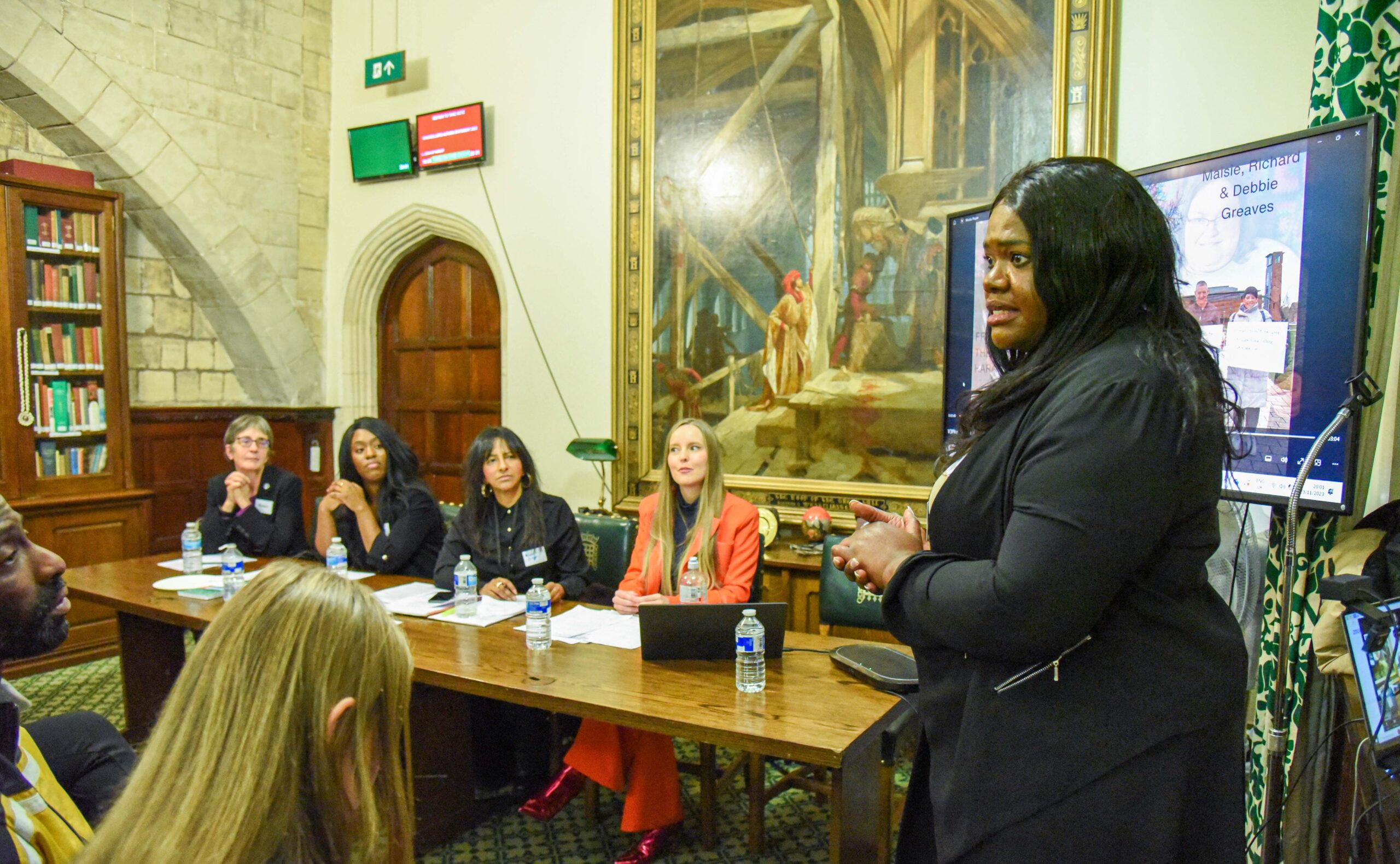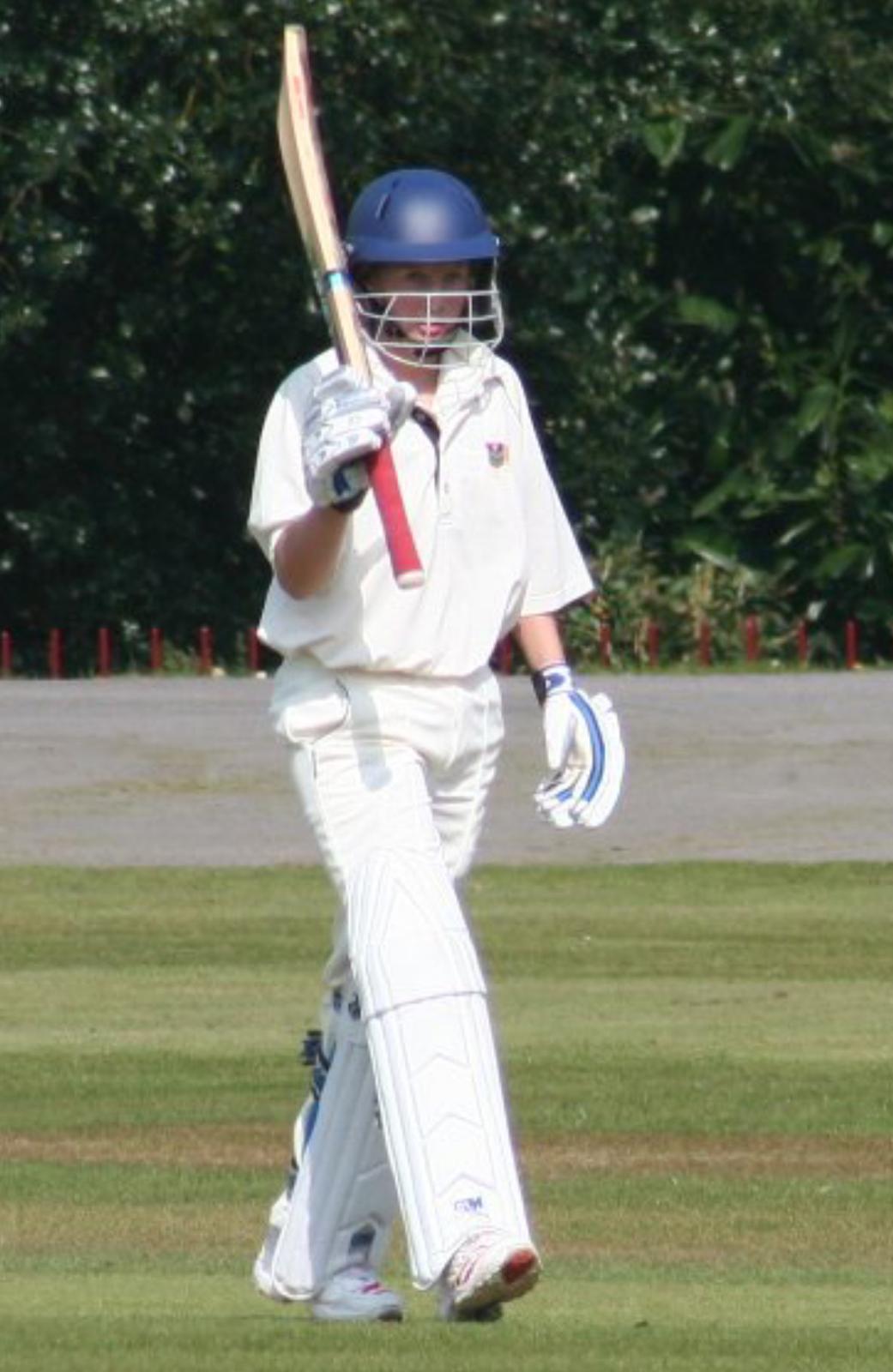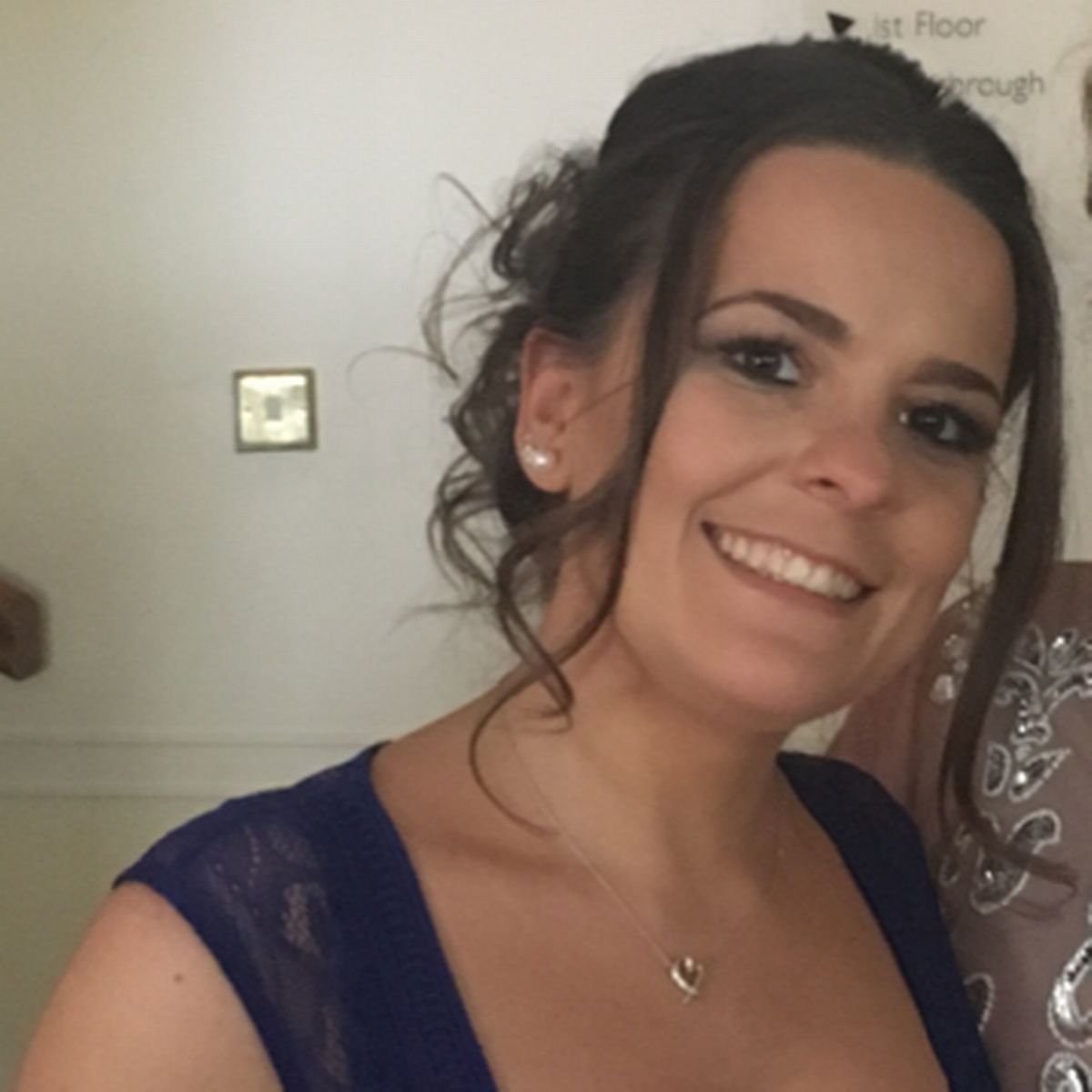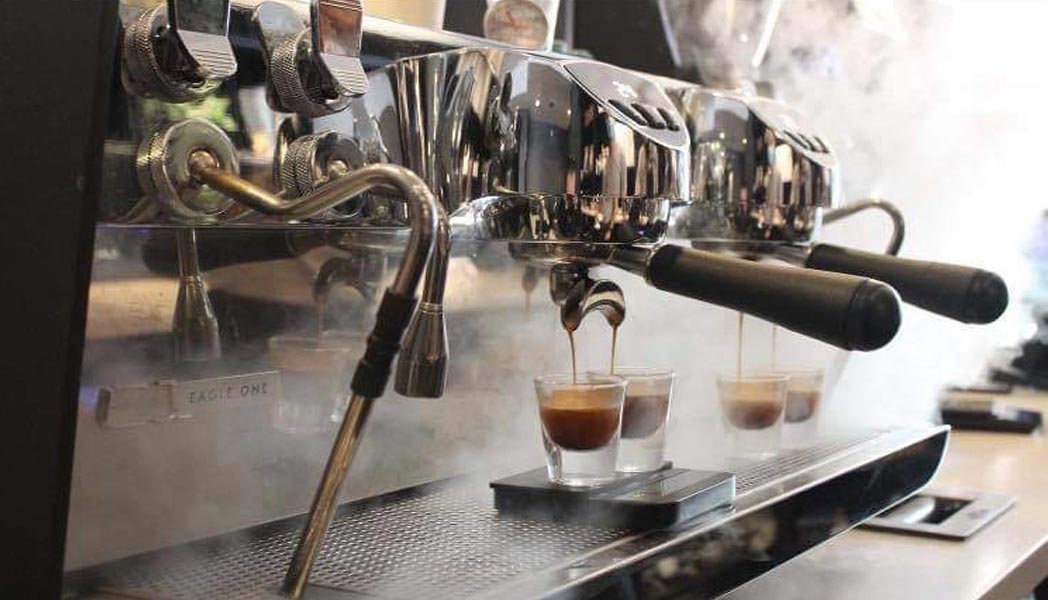The University of Sheffield’s Women’s Officer called out “lad culture” as one of the main issues facing women, as the 16 Days campaign began last weekend.
The campaign, which runs from 25 November to 10 December, was created to educate people about gendered violence and how to tackle it. It began with the Sheffield Reclaim the Night march, last Saturday.
Zoe Lancaster, The University of Sheffield’s Women’s Officer, said: “Obviously there’s so many issues I think there’s not just one that is the most important but one that I think really needs to be tackled is this sort of lad culture.
“This sort of lad culture is and can be very misogynistic and young men especially now with people like Andrew Tate on social media, it’s quite easy for young men to get sucked into that sort of thought pattern of not viewing women as their equals.”
The University has been active in putting on events for the 16 Days, which include drop-in sessions to provide women a safe space to air their concerns, socials specifically for queer women, and an art therapy session.
Sheffield City Council hold a monthly vigil on the first Thursday of every month for women who have been victims of femicide. They meet outside of the City Hall and honour the lives of those we have lost.
At the Parliamentary Reception held by The Phoenix Pledge, which tackles the culture that enables gender-based violence and highlights this as a freedom issue, dedicated women’s rights advisor and great-granddaughter of Emmeline Pankhurst, Helen Pankhurst CBE said: “Despite the laws, women’s experiences are that there’s a curfew for absolutely every single woman in this space. There’s a curfew about when and where you can be out.”
One of the main focuses of the 16 Days campaign is educating young people on gendered violence and how to spot misogynistic behaviour.
The Safe Spaces Now project, created by UN Women, works closely with music festivals such as Sheffield’s Tramlines, as these areas tend to be hotspots for gendered violence. Their trained active bystanders, nicknamed guardian angels, are placed throughout venues to intervene if someone is being harassed.
Atonte Semira, the Head of Community at United Nations Women UK, said: “Women should just be free to exist.
“The more people we train, the more members of the public understand not just how to be an active bystander […] but also they understand the issue and pass that message on as well.”




